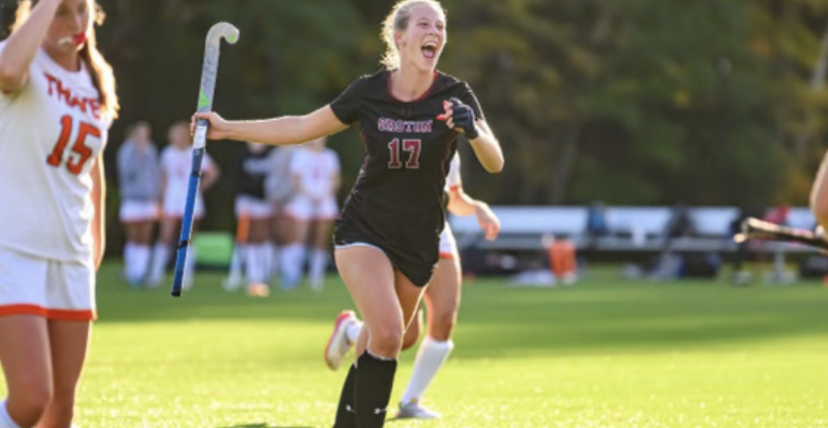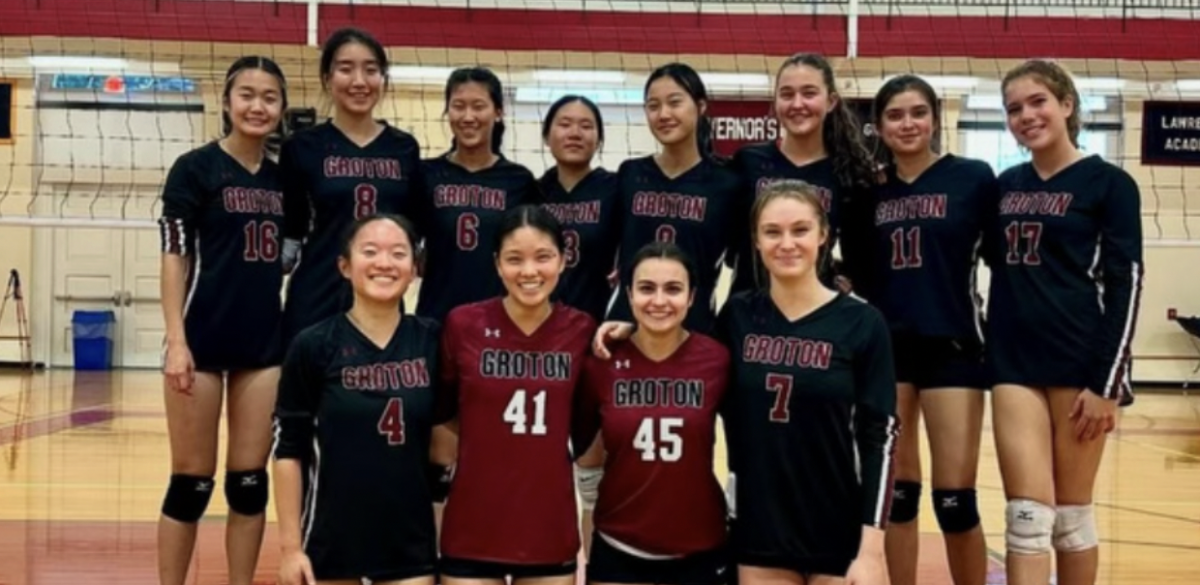Struggling to capture the attention of a nation obsessed with slam dunks and million-dollar contracts, WNBA games took place in relative obscurity. Their triumphs echoed through half-empty stadiums, left unnoticed by mainstream media. But in the summer of 2024, as two rookies—Caitlyn Clark for the Indiana Fever and Angel Reese for the Chicago Sky—stepped onto the court, women’s basketball became a must-see on TV. Their rivalry, reminiscent of the Larry Bird-Magic Johnson era of NBA dominance, catapulted the WNBA into the spotlight, dominated headlines and shattered viewership records.
Long before winning the national championships, Reese and Clark’s rivalry can be traced back to their high school tournaments, where they often went head to head. Yet, this was just the beginning of their monumental rivalry that would unfold on college basketball’s biggest stage. The 2023 NCAA Championship was a game etched into basketball history. In the game’s final moments, Reese mimicked Clark’s iconic “You can’t see me” celebration, a gesture that sent shockwaves through the sports world. Social media exploded with debates and fan reactions. Sports talk shows went into overdrive. Millions of fans tuned in, drawn by the drama of two talents battling for dominance on the court.
However, the post-game narrative quickly turned sour, marred with heavy racial and gender prejudices. “One issue with the media portrayal of Angel Reese is how she is often made the subject of lowlight reels, focusing only on her worst moments,” Elisabeth Nelson ‘27 noted. “For example, when she was ejected for unsportsmanlike conduct in a club game, it was highly publicized. While she has made some controversial remarks in press conferences, the media has played into certain racial biases, framing her in a negative light.”
In contrast to the media labeling Reese as a “classless and unsportsmanlike angry Black woman,” Clark was praised for her competitive fire when making similar gestures, showcasing clear double standards. As Cari Champion pointed out in her podcast, “The media’s fixation on their so-called rivalry has been fueled by the same gender and racial bias that has haunted women’s sports for generations.”
“We should all confront the biases in sports and in our own community, viewing situations the same regardless of race or background,” Zoe Hardwick ‘27 said, “to ensure a strong sense of community and belonging.” As we follow the journey of athletes like Reese and Clark, their rivalry offers a reminder of deeply ingrained societal issues, which we must continue to address, both on and off the court.










